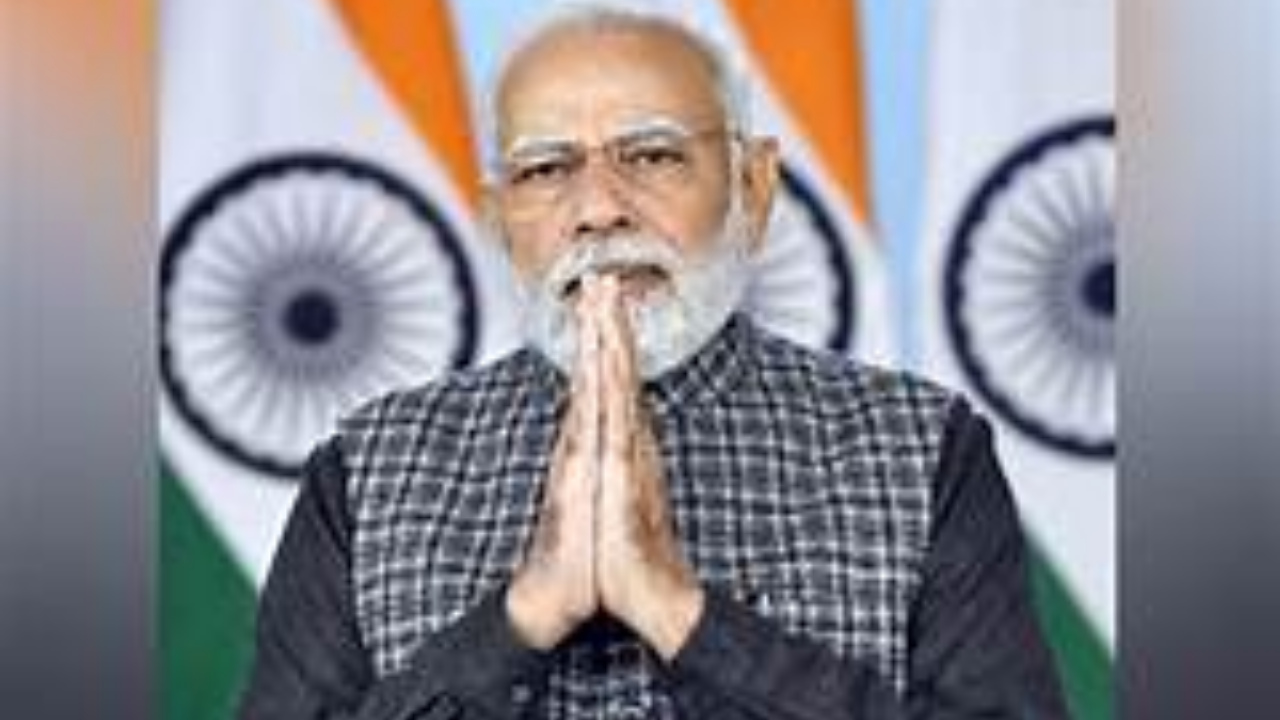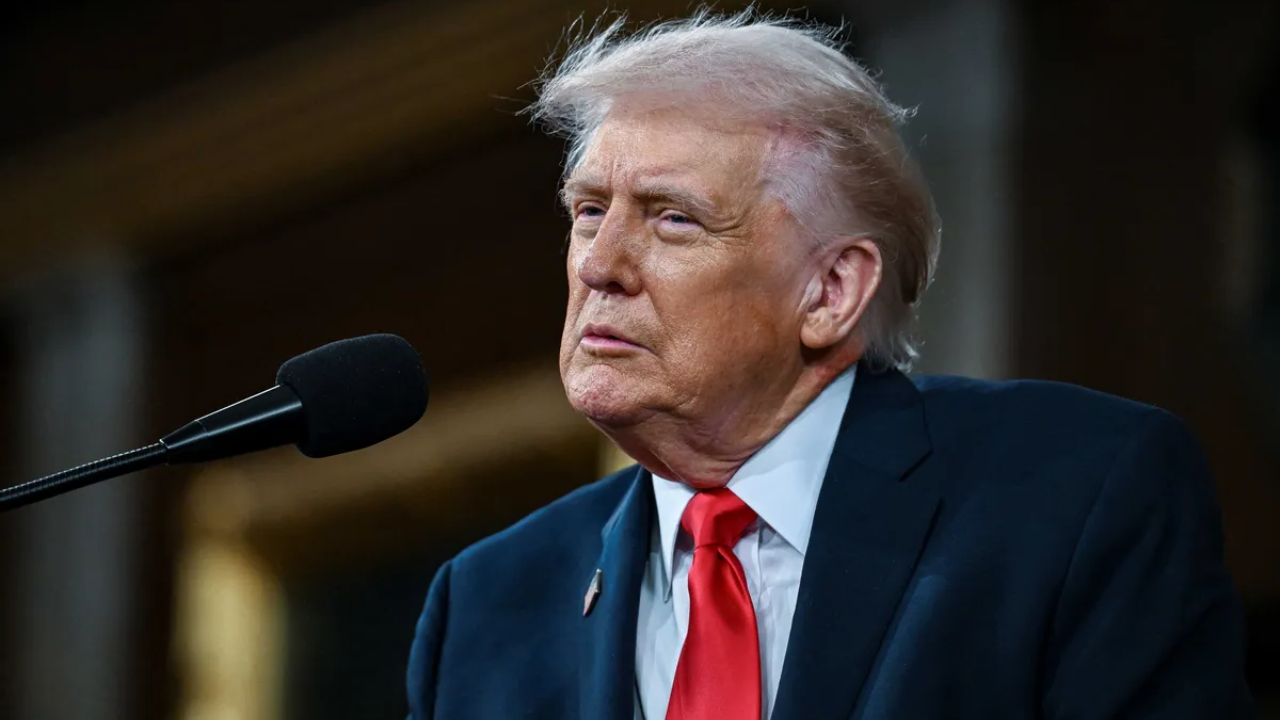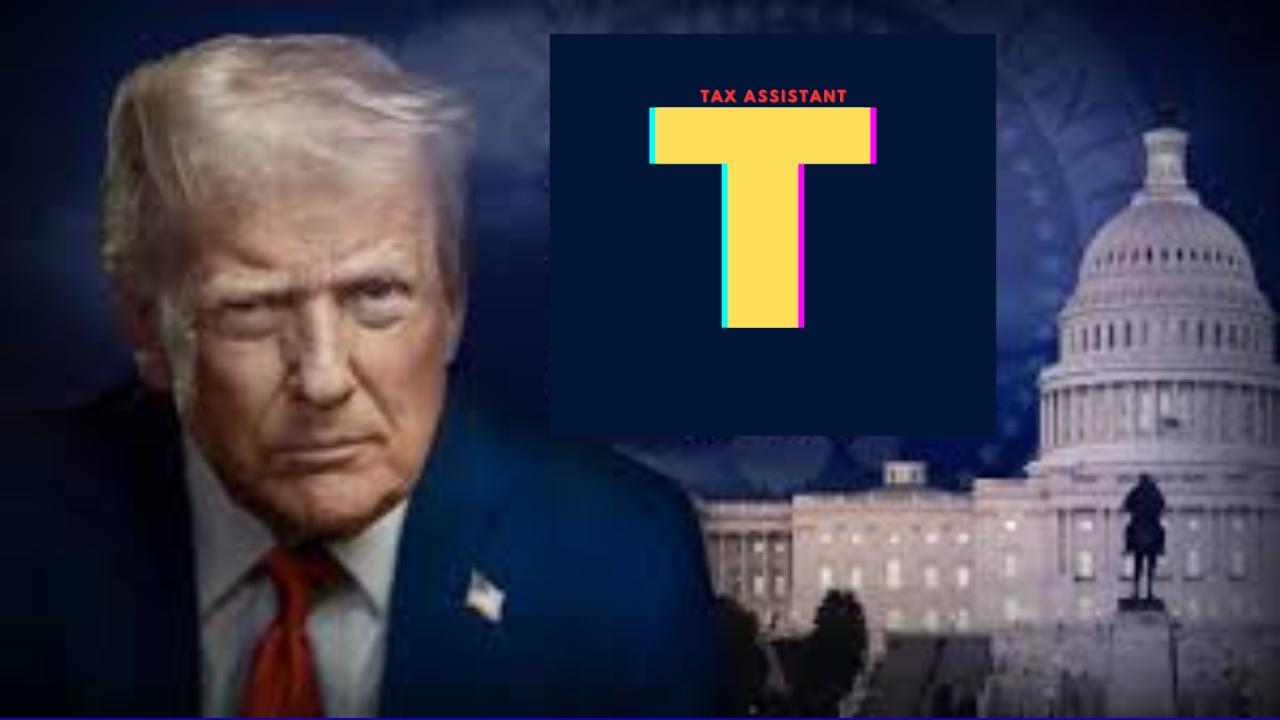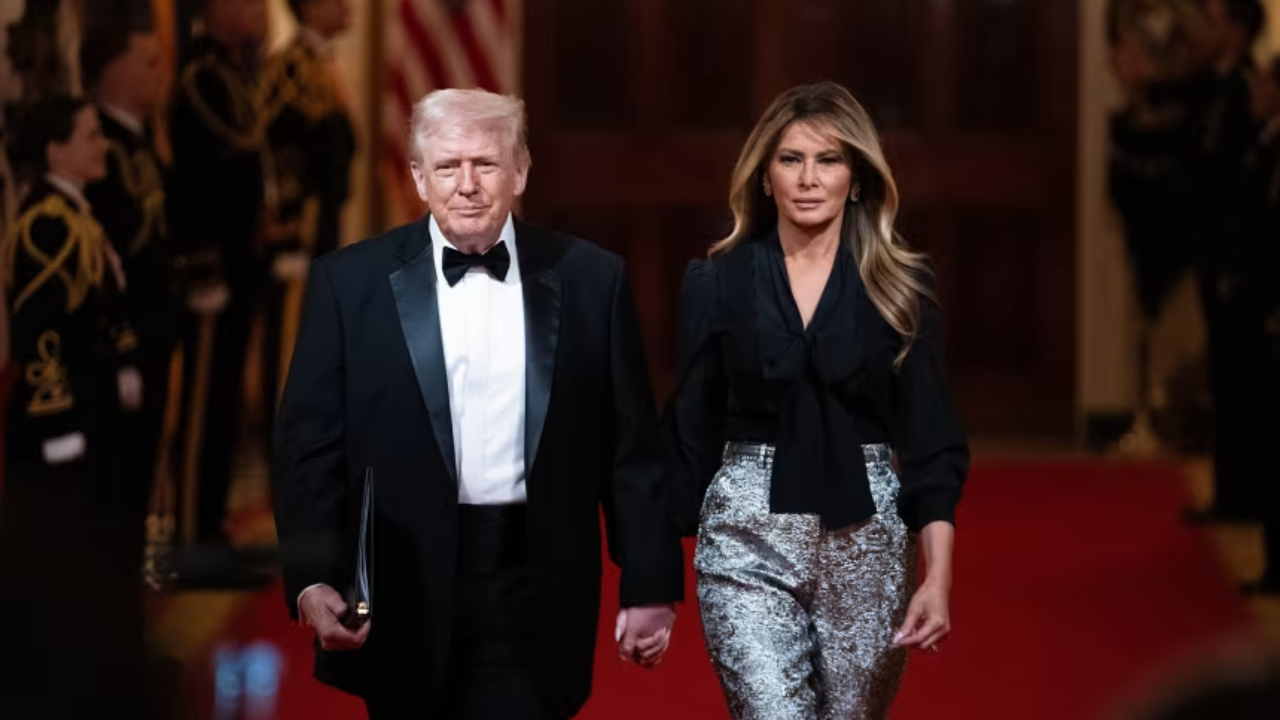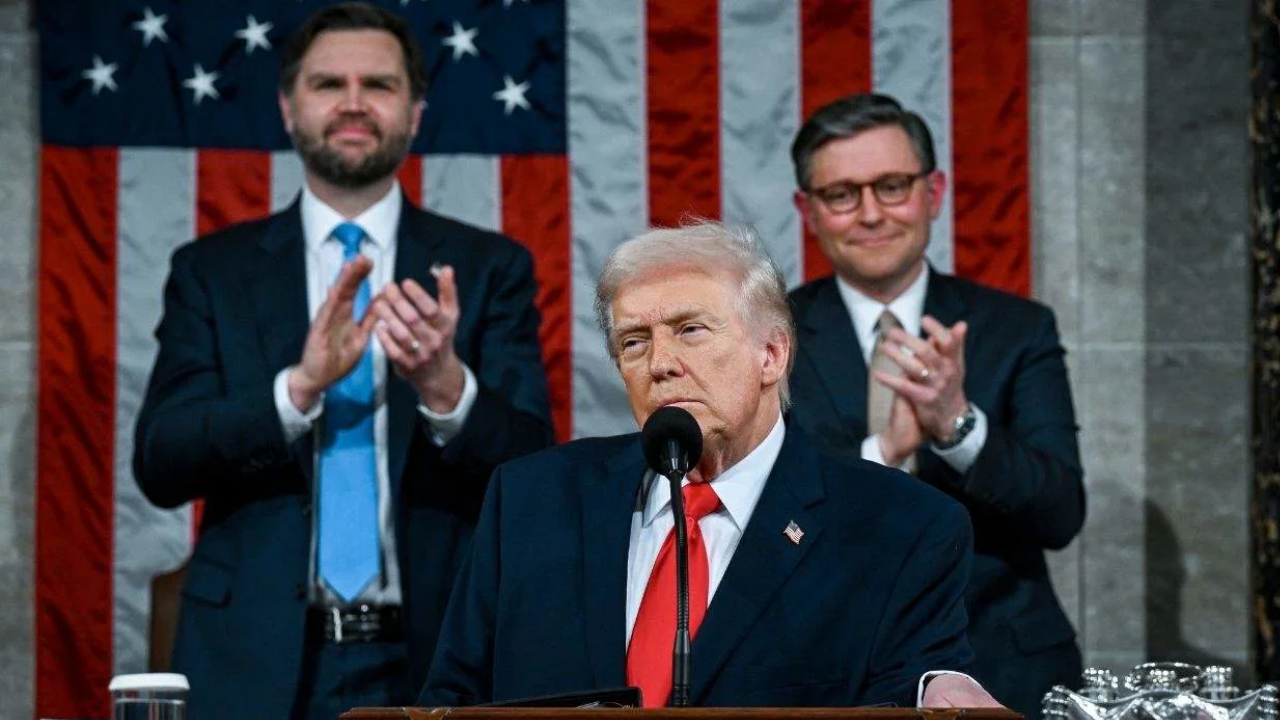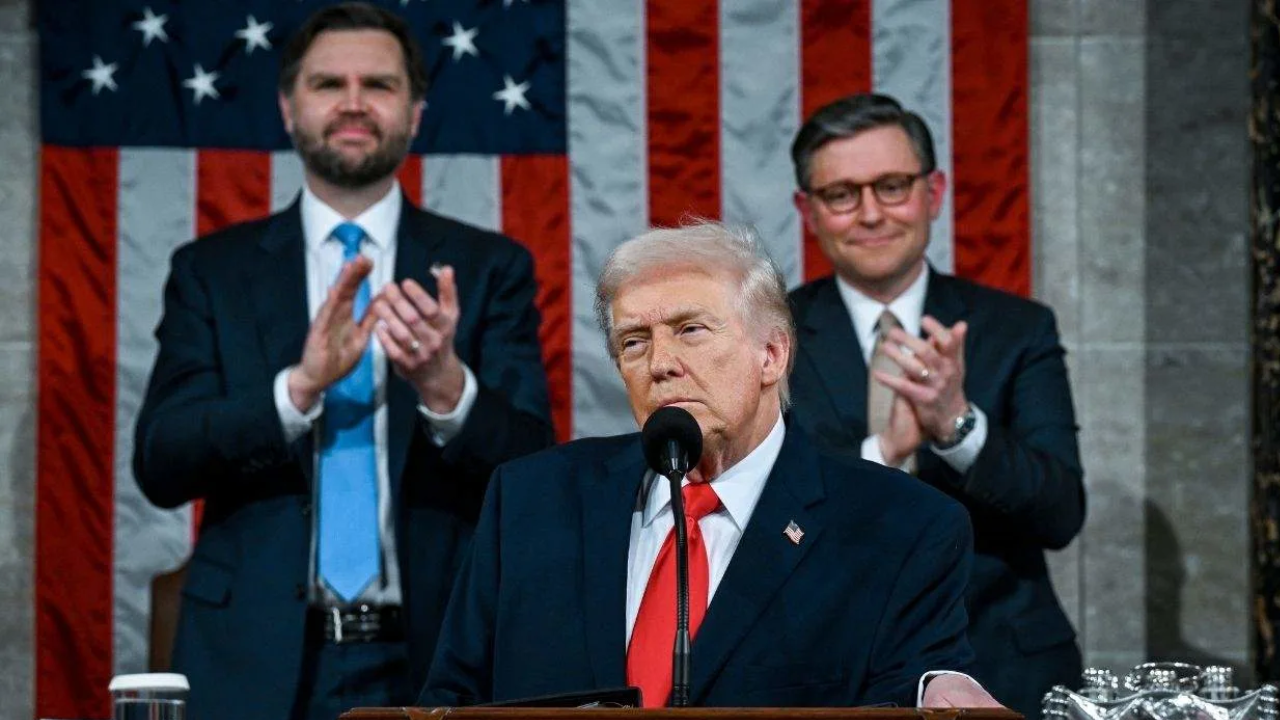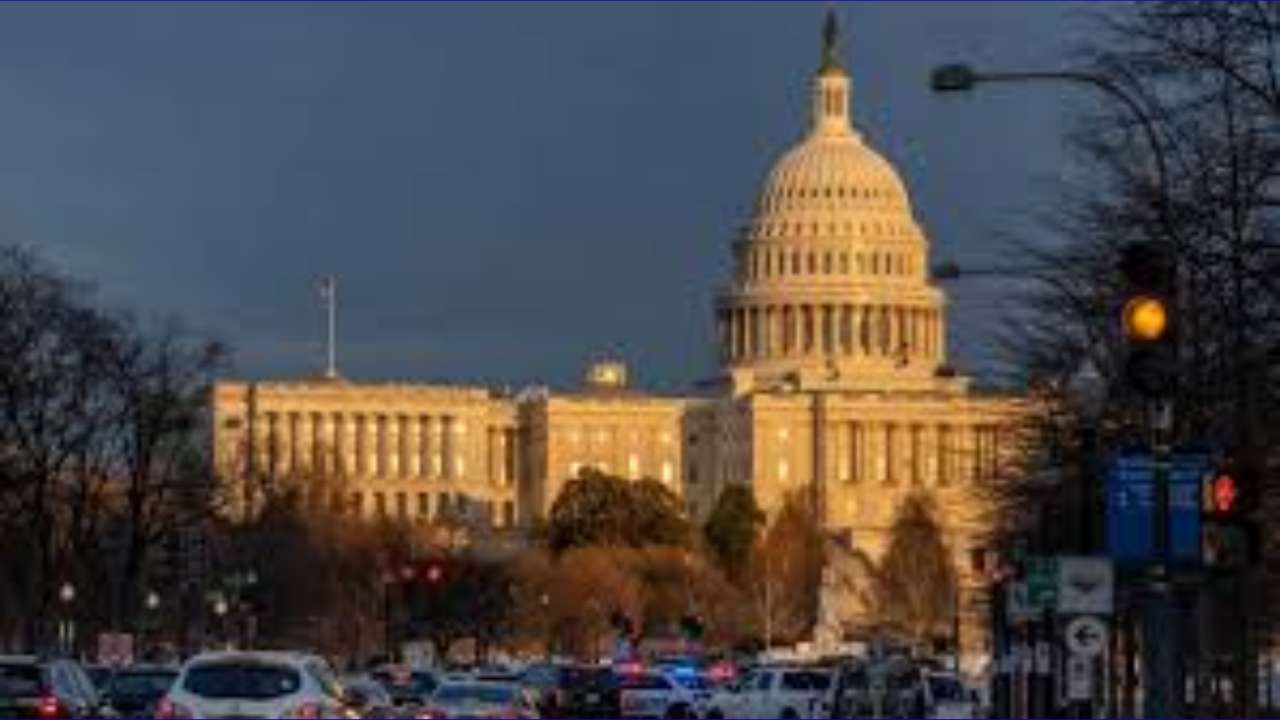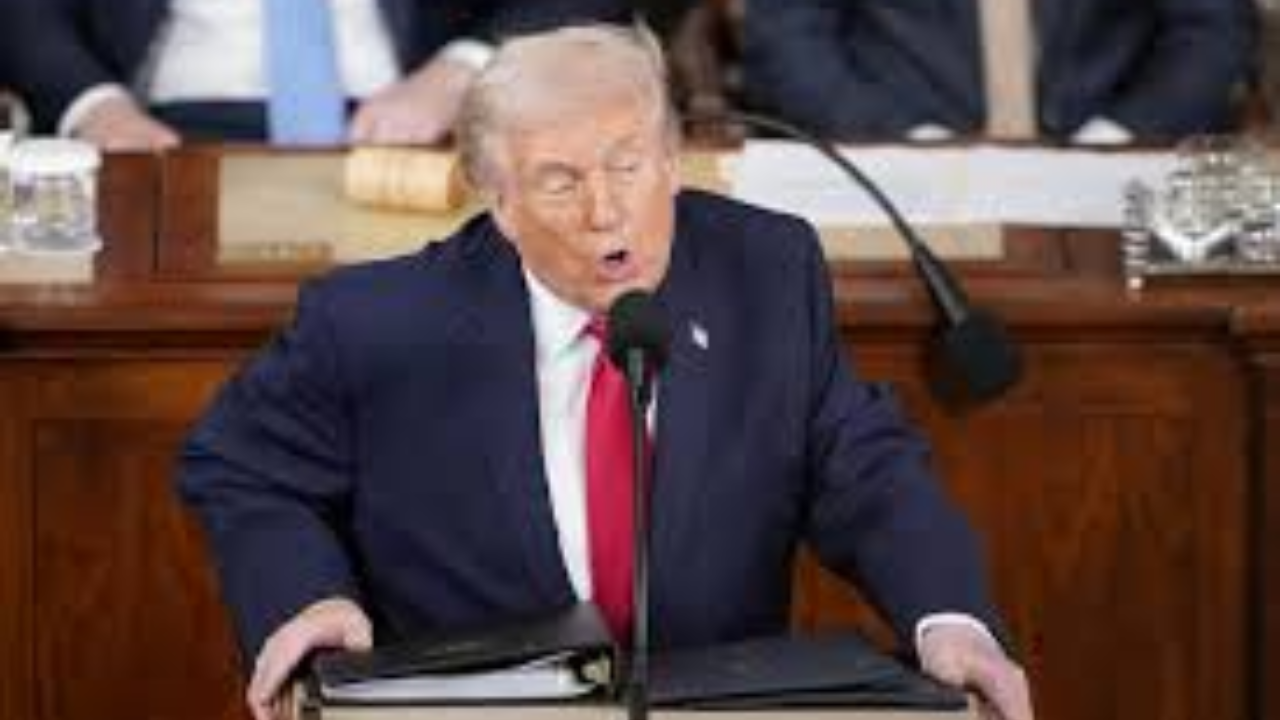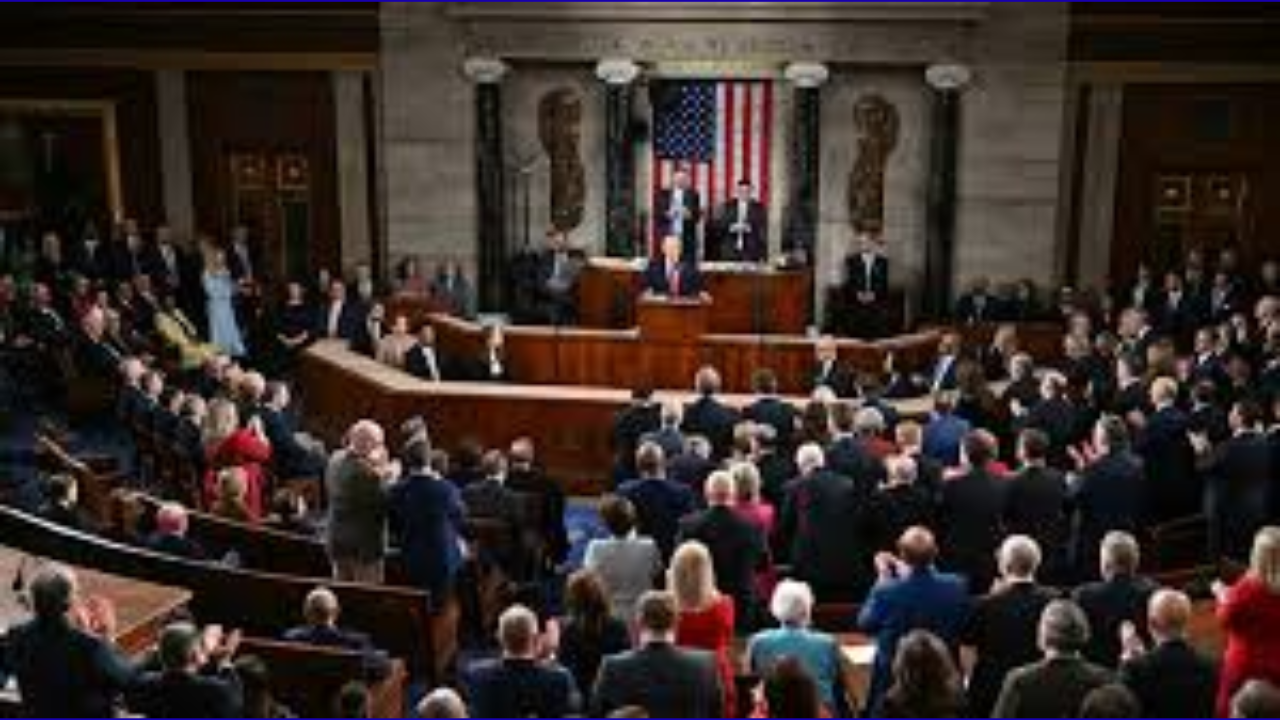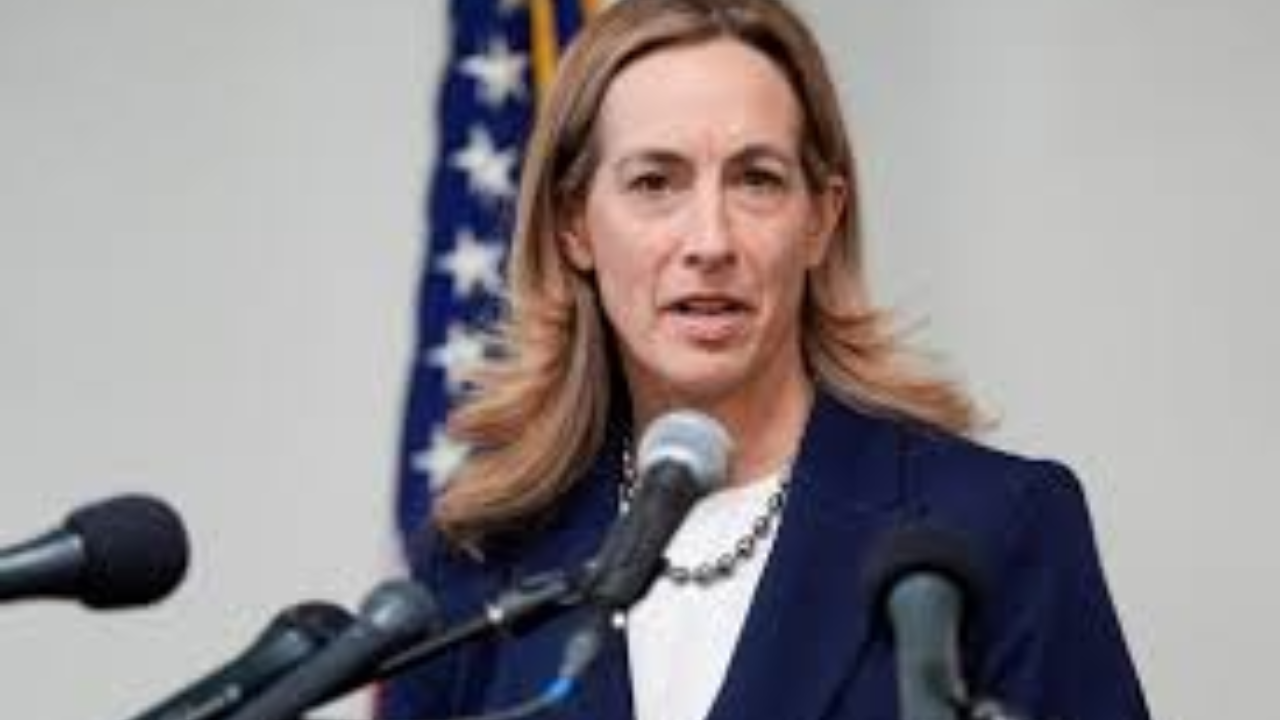Proposed GST Reforms: Aims and Potential Changes
Thank you for reading this post, don't forget to subscribe!Prime Minister Narendra Modi recently announced that the central government has circulated a draft of “next-generation” Goods and Services Tax (GST) reforms to the states, urging them to cooperate for implementation before Diwali.
The Prime Minister stated that the goal of these reforms is to simplify the GST law and revise tax rates, ultimately benefiting the poor, middle class, and businesses of all sizes.
While the specifics of the proposed changes have not been officially disclosed, PM Modi’s statements suggest several potential areas of reform:
- Simplifying Tax Slabs: The current GST system has multiple tax slabs. The reforms could aim to merge some of these to create a simpler, more streamlined structure, which would help reduce confusion and classification disputes.
- Revising Tax Rates: Adjusting the current tax rates is a key part of the proposed reforms. This could involve lowering rates on certain essential goods to benefit consumers, particularly the poor and middle class.
- Making Compliance Easier: The Prime Minister emphasized making life easier for businesses. This could mean simplifying the GST filing process, potentially by moving towards a single, unified return instead of the multiple returns currently required.
- Expanding GST’s Scope: There is a possibility that the reforms could seek to bring currently excluded items, such as petroleum products and alcohol, under the GST. This would help in creating a more uniform tax system and reducing the cascading effect of taxes.
PM Modi’s appeal to the states for cooperation highlights the collaborative nature of GST implementation, as any changes must be agreed upon by the GST Council, which includes representatives from all states. The government hopes to enact these reforms to make the GST system more efficient and beneficial for all.
